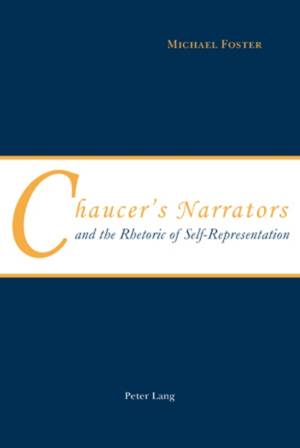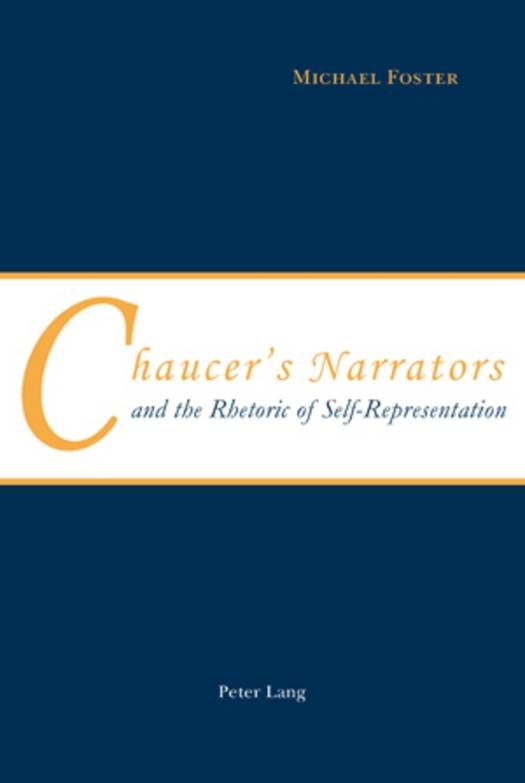
- Afhalen na 1 uur in een winkel met voorraad
- Gratis thuislevering in België vanaf € 30
- Ruim aanbod met 7 miljoen producten
- Afhalen na 1 uur in een winkel met voorraad
- Gratis thuislevering in België vanaf € 30
- Ruim aanbod met 7 miljoen producten
Zoeken
€ 68,45
+ 136 punten
Omschrijving
Methods of representing individual voices were a primary concern for Geoffrey Chaucer. While many studies have focused on how he expresses the voices of his characters, especially in The Canterbury Tales, a sustained analysis of how he represents his own voice is still wanting. This book explores how Chaucer's first-person narrators are devices of self-representation that serve to influence representations of the poet. Drawing from recent developments in narratology, the history of reading, and theories of orality, this book considers how Chaucer adapts various rhetorical strategies throughout his poetry and prose to define himself and his audience in relation to past literary traditions and contemporary culture. The result is an understanding of how Chaucer anticipates, addresses, and influences his audience's perceptions of himself that broadens our appreciation of Chaucer as a master rhetorician.
Specificaties
Betrokkenen
- Auteur(s):
- Uitgeverij:
Inhoud
- Aantal bladzijden:
- 196
- Taal:
- Engels
Eigenschappen
- Productcode (EAN):
- 9783039111213
- Verschijningsdatum:
- 3/09/2008
- Uitvoering:
- Paperback
- Formaat:
- Trade paperback (VS)
- Afmetingen:
- 147 mm x 221 mm
- Gewicht:
- 294 g

Alleen bij Standaard Boekhandel
+ 136 punten op je klantenkaart van Standaard Boekhandel
Beoordelingen
We publiceren alleen reviews die voldoen aan de voorwaarden voor reviews. Bekijk onze voorwaarden voor reviews.











